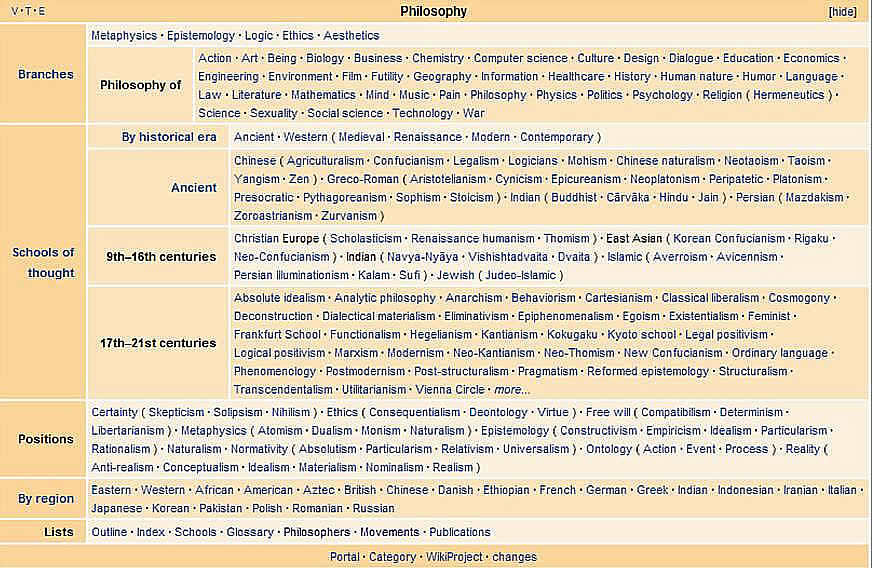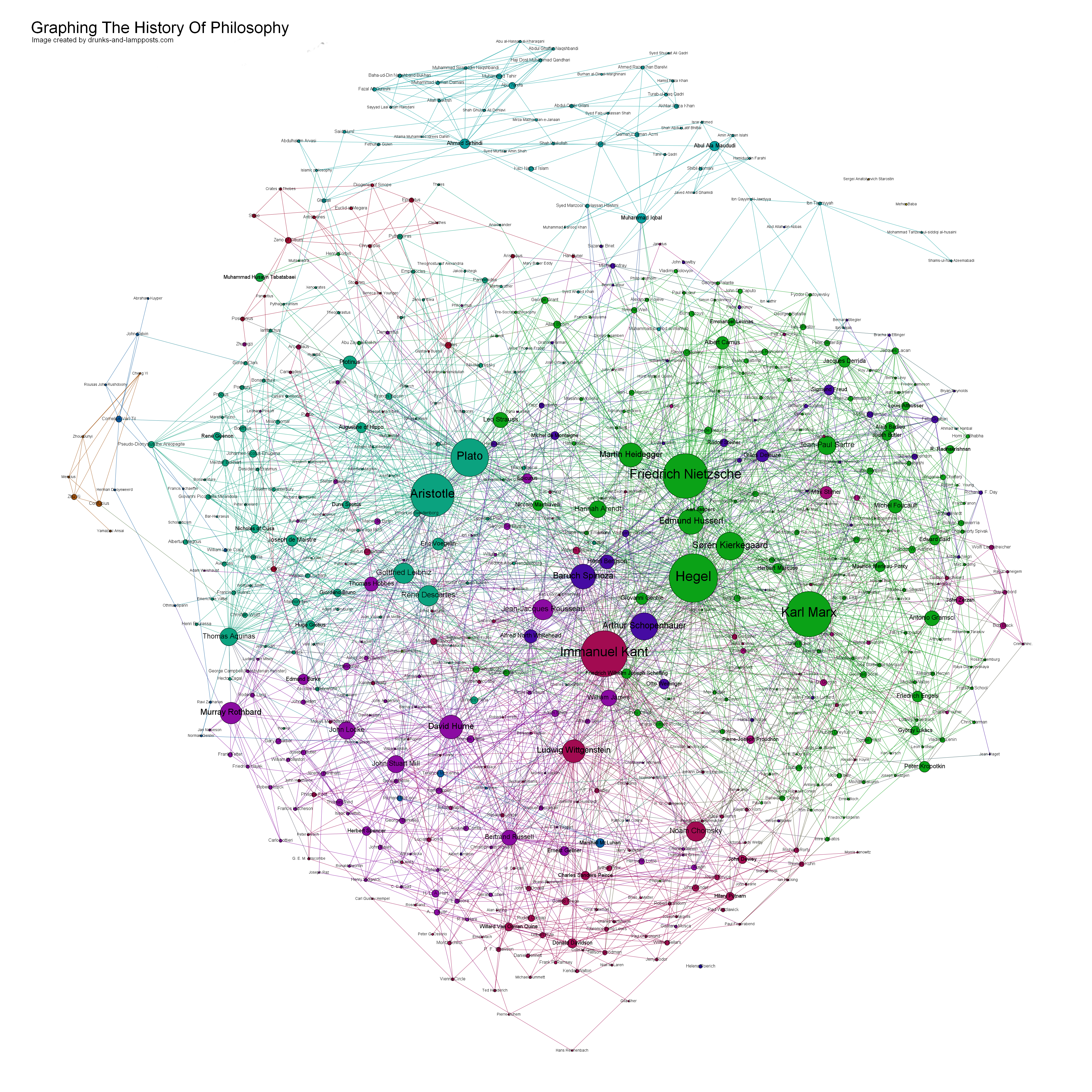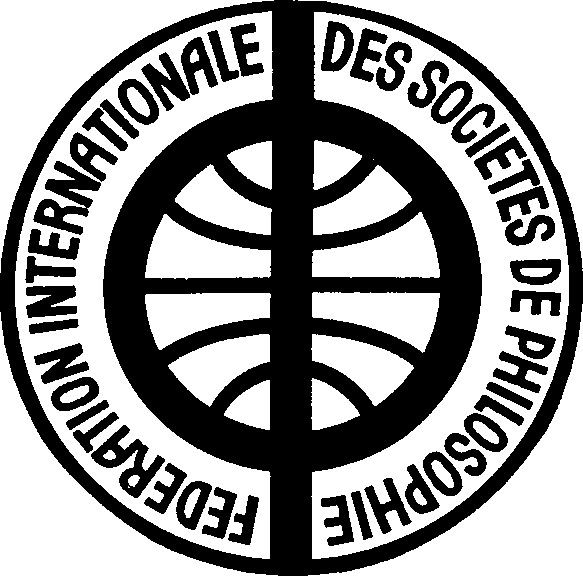René Descartes' rationalist philosophy laid the foundation for enlightenment thinking. His attempt to found the sciences on a secure metaphysical foundation was not as successful as his method of doubt applied in philosophic areas leading to a dualistic doctrine of mind and matter. His skepticism was refined by John Locke's 1690 Essay Concerning Human Understanding and David Hume's writings in the 1740s. His dualism was challenged by Spinoza's uncompromising assertion of the unity of matter in his Tractatus (1670) and Ethics (1677).
These laid down two distinct lines of Enlightenment thought: the moderate variety, following Descartes, Locke and Christian Wolff which sought accommodation between reform and the traditional systems of power and faith and the radical enlightenment, inspired by the philosophy of Spinoza, advocating democracy, individual liberty, freedom of expression, and eradication of religious authority. The moderate variety tended to be deistic whereas the radical tendency separated the basis of morality entirely from theology.
Both lines of thought were eventually opposed by a conservative Counter-Enlightenment, which sought a return to faith.
In the mid-18th century, Paris became the center of an explosion of philosophic and scientific activity challenging traditional doctrines and dogmas. The philosophic movement was led by Voltaire and Jean-Jacques Rousseau, who argued for a society based upon reason rather than faith and Catholic doctrine, for a new civil order based on natural law, and for science based on experiments and observation.
The political philosopher Montesquieu introduced the idea of a separation of powers in a government, a concept which was enthusiastically adopted by the authors of the United States Constitution.
While the Philosophes of the French Enlightenment were not revolutionaries, and many were members of the nobility, their ideas played an important part in undermining the legitimacy of the Old Regime and shaping the French Revolution.
Ultimately, cornerstones of current societies have become the Magna Carta (concept of the rule of law), the Trias Politica (concept of power relations) and the Universal Declaration of Human Rights (based on Roosevelt's 'Four Freedoms' as the concept of the individual integrity, autonomy and responsibility) and were consolidated in the Copenhagen criteria on EU membership.
The Charter of Fundamental Rights of the EU, a document that lists the fundamental rights of the citizens of the European Union, states that "the peoples of Europe are determined to share a peaceful future based on rights and common values: democracy, dignity, freedoms, equality, solidarity, tolerance, the rule of law, civil rights, justice. |
|
A salon is a gathering of people under the roof of an inspiring host, held partly to amuse one another and partly to refine the taste and increase the knowledge of the participants through conversation. These gatherings often consciously followed Horace's definition of the aims of poetry, "either to please or to educate". Salons, commonly associated with French literary and philosophical movements of the 17th and 18th centuries, were carried on until as recently as the 1940s in urban settings.
The salon was an Italian invention of the 16th century, which flourished in France throughout the 17th and 18th centuries. The salon continued to flourish in Italy throughout the 19th century. In 16th-century Italy, some brilliant circles formed in the smaller courts which resembled salons, often galvanized by the presence of a beautiful and educated patroness such as Isabella d'Este or Elisabetta Gonzaga.
One important place for the exchange of ideas was the salon. The word salon first appeared in France in 1664 (from the Italian word salone, itself from sala, the large reception hall of Italian mansions). Literary gatherings before this were often referred to by using the name of the room in which they occurred, like cabinet, réduit, ruelle and alcôve. Before the end of the 17th century, these gatherings were frequently held in the bedroom (treated as a more private form of drawing room): a lady, reclining on her bed, would receive close friends who would sit on chairs or stools drawn around. This practice may be contrasted with the greater formalities of Louis XIV's petit lever, where all stood. Ruelle, literally meaning "narrow street" or "lane", designates the space between a bed and the wall in a bedroom; it was used commonly to designate the gatherings of the "précieuses", the intellectual and literary circles that formed around women in the first half of the 17th century. The first renowned salon in France was the Hôtel de Rambouillet not far from the Palais du Louvre in Paris, which its hostess, Roman-born Catherine de Vivonne, marquise de Rambouillet (1588–1665), ran from 1607 until her death. She established the rules of etiquette of the salon which resembled the earlier codes of Italian chivalry.
The content and form of the salon to some extent defines the character and historical importance of the salon. Contemporary literature about the salons is dominated by idealistic notions of politesse, civilité and honnêteté, but whether the salons lived up to these standards is matter of debate. Older texts on the salons tend to paint an idealistic picture of the salons, where reasoned debate takes precedence and salons are egalitarian spheres of polite conversation. Today, however, this view is rarely considered an adequate analysis of the salon. The salon of Madame Geoffrin expressed the period in which salons were dominant and has been labeled the 'age of conversation'. The topics of conversation within the salons - that is, what was and was not 'polite' to talk about - are thus vital when trying to determine the form of the salons. The salonnières were expected, ideally, to run and moderate the conversation.
The place to hear the freest, most animated, and most instructive conversation that ever was...in regard to philosophy, religion, and government; light pleasantries had no place there was D'Holbach's salon. Meetings were held regularly twice a week, on Sundays and Thursdays, in d'Holbach's home in rue Royale. Visitors to the salon were exclusively males, and the tone of discussion highbrow, often extending to topics more extensive than those of other salons. This, along with the excellent food, expensive wine, and a library of over 3000 volumes, attracted many notable visitors. Among the regulars in attendance at the salon—the coterie holbachique—were the following:
Diderot, Grimm, Condillac, Condorcet, D'Alembert, Marmontel, Turgot, La Condamine, Raynal, Helvétius, Galiani, Morellet, Naigeon and, for a time, Jean-Jacques Rousseau. The salon was also visited by prominent British intellectuals, amongst them Adam Smith, David Hume, John Wilkes, Horace Walpole, Edward Gibbon, David Garrick, Laurence Sterne; the Italian Cesare Beccaria; and the American Benjamin Franklin. |

|





